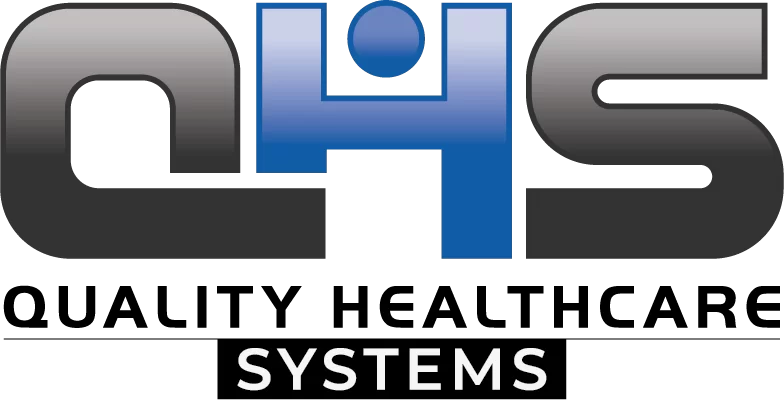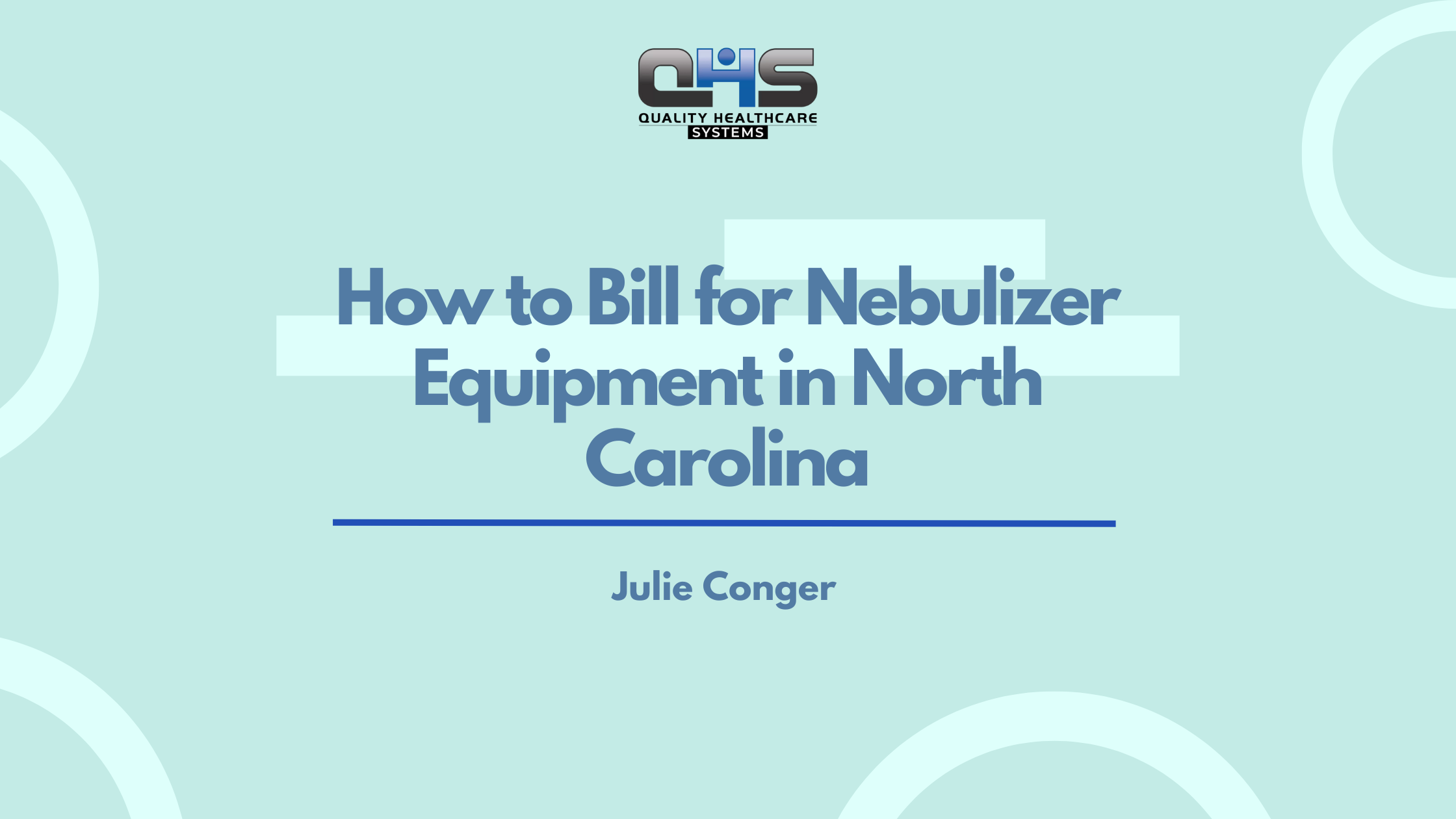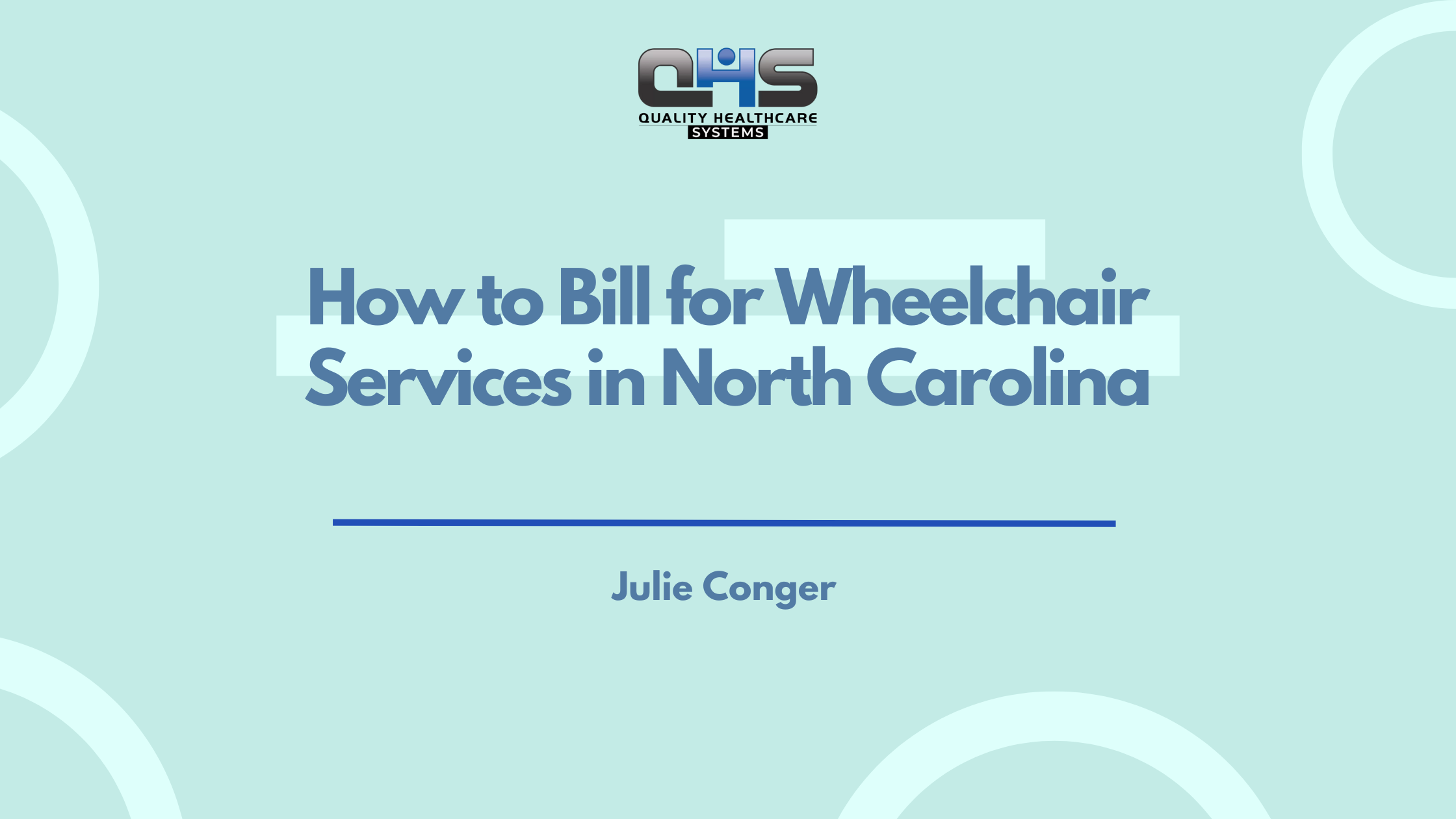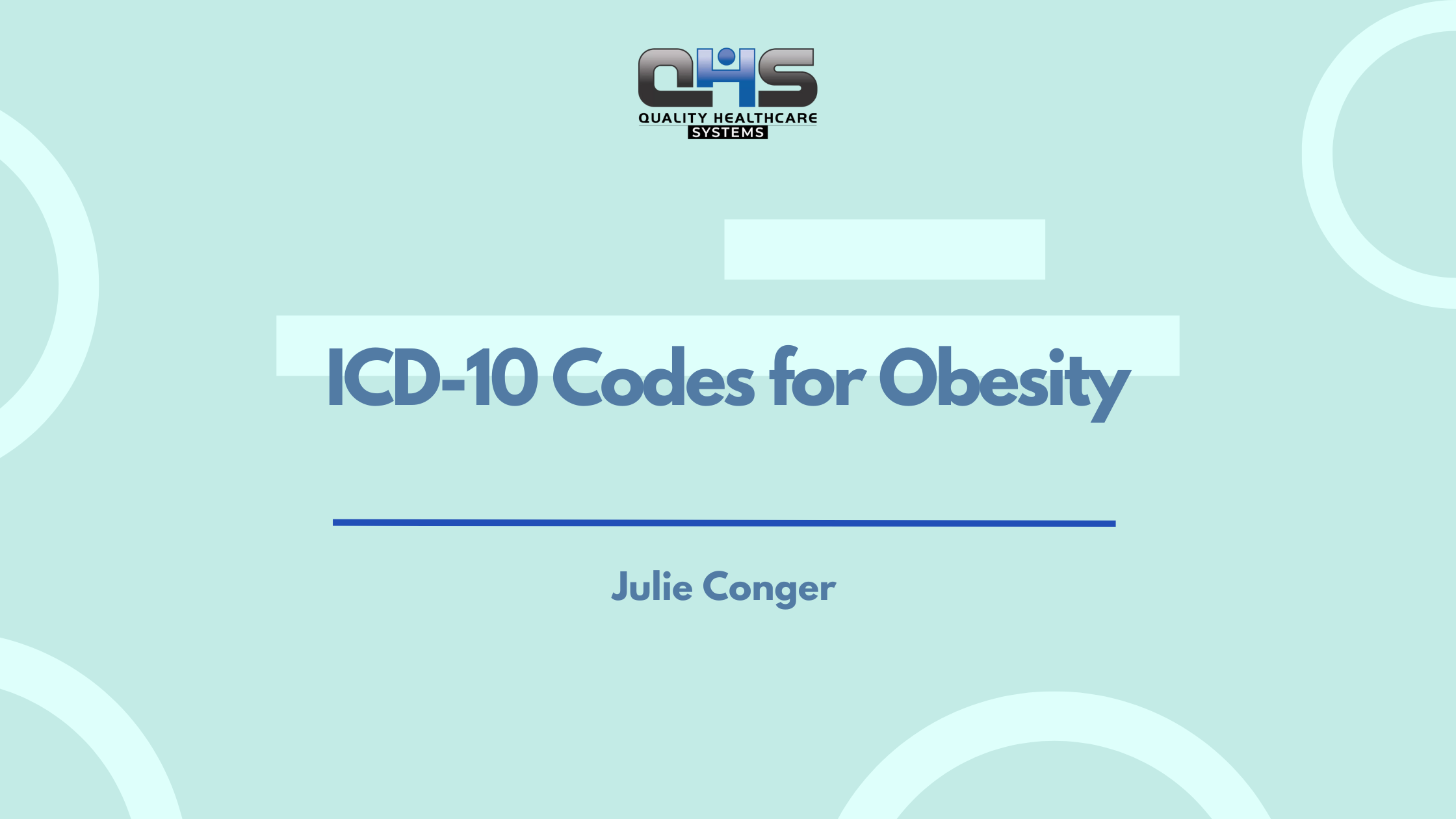Nebulizers are classified as durable medical equipment (DME) used primarily for administering medication in the form of a mist to treat respiratory conditions. In North Carolina, DME billing for nebulizers involves meeting specific payer requirements, particularly for Medicaid and Medicare claims.
Nebulizers are commonly used by pediatric patients, individuals with chronic respiratory illnesses like asthma, COPD, and bronchiolitis, and elderly populations requiring ongoing bronchodilator therapy. Proper billing for nebulizer equipment demands an understanding of both federal and North Carolina-specific DME billing rules.
Clinical Documentation & Medical Necessity
Accurate documentation is the foundation of successful nebulizer billing. Diagnoses such as asthma (ICD-10: J45.909), COPD (J44.9), and bronchiolitis (J21.9) must be clearly recorded in the patient’s chart.
Billing entities must have a valid physician prescription and a detailed treatment plan outlining the medical necessity. The prescription should explicitly justify the in-home use of a nebulizer. Supporting documents may include nebulizer prescription notes and a Certificate of Medical Necessity (CMN for nebulizer).
Step-by-Step Guide to Billing for Nebulizer Equipment in NC
-
Verify Patient Eligibility
-
Confirm the patient’s insurance coverage (Medicare, Medicaid NC, or private).
-
Use real-time eligibility tools or payer portals.
-
Ensure the patient meets LCD criteria for nebulizer therapy (e.g., diagnosis of asthma, COPD, etc.).
-
-
Obtain Detailed Physician Orders
-
Must include: type of nebulizer, medication, frequency, and length of use.
-
Orders must be signed and dated by the prescribing physician.
-
Include clinical notes that support medical necessity.
-
-
Collect Supporting Medical Documentation
-
Include patient history, progress notes, pulmonary function test results if applicable.
-
Ensure documentation matches ICD-10 codes and supports equipment use.
-
-
Assign Correct HCPCS Codes
-
Examples include:
-
E0570 – Nebulizer, with compressor
-
A7003 – Disposable nebulizer kit
-
A7005 – Administration set with small volume nebulizer
-
-
Add appropriate modifiers (e.g., RR for rental, NU for purchase).
-
-
Use Appropriate ICD-10 Diagnosis Codes
-
Example codes:
-
J44.9 – COPD, unspecified
-
J45.909 – Unspecified asthma
-
-
Match diagnosis with payer-approved LCDs/coverage guidelines.
-
-
Verify North Carolina Medicaid or Medicare Requirements
-
For NC Medicaid:
-
Follow NCTracks guidelines
-
Ensure prior approval if required
-
-
For Medicare:
-
Ensure compliance with DME MAC jurisdiction (C for NC)
-
-
-
Prepare and Submit the Claim
-
Use CMS-1500 form or electronic equivalent.
-
Include provider NPI, place of service (POS 12 for home), and accurate date of service.
-
Double-check for errors in coding or documentation.
-
-
Track Claim Status
-
Use payer portals or clearinghouses to track claim progress.
-
Respond promptly to additional documentation requests.
-
-
Handle Denials and Rejections
-
Common issues: missing modifiers, lack of medical necessity, outdated prescriptions.
-
Correct and resubmit claims quickly with corrected documentation.
-
-
Collect Patient Responsibility
-
Bill the patient for co-pays, deductibles, or non-covered charges.
-
Offer payment plans if needed.
-
Common HCPCS Codes for Nebulizer Equipment
| HCPCS Code | Description | Common Modifiers/Notes |
|---|---|---|
| E0570 | Nebulizer, with compressor | Use RR for rental; NU for purchase; requires documentation of medical necessity |
| A7003 | Tubing used with nebulizer | Often billed with E0570 as part of a kit; must show usage need |
| A7004 | Small volume nebulizer | Must align with CMN (Certificate of Medical Necessity) or prescription |
| A7005 | Administration set, with small volume nebulizer | Frequently billed with medication refills; confirm payer policy |
| A7006 | Aerosol mask used with DME nebulizer | Usage varies by age and clinical condition; documentation required |
| A9900 | Miscellaneous DME supply/accessory, not otherwise classified | Use for unlisted accessories; description must be clearly provided in notes |
Coverage by Medicare, NC Medicaid, and Private Insurers
Medicare provides guidance under Local Coverage Determinations (LCDs), which outline the clinical criteria and usage parameters for nebulizer equipment.
NC Medicaid has its own DME billing policy, including a prior authorization (PA) checklist, especially for repeated use of supplies or equipment renewals. Providers must be aware of terms like “nebulizer prior auth NC Medicaid” and understand how nebulizer billing compares to other DME categories like CPAP equipment.
Billing Schedule for Refill and Maintenance
Nebulizer kits, filters, and accessories have specific billing intervals. Most tubing and mouthpieces (A7003–A7006) are billed every 30 days based on medical necessity and documented usage.
Understanding refill frequency ensures claims meet payer expectations. Common LSI terms here include “nebulizer supply refill frequency” and “A7003 every 30 days billing.”
Common Billing Mistakes for Nebulizers (And How to Avoid Them)
Even experienced DME billing providers in North Carolina can face claim denials or reimbursement delays due to avoidable errors. Below are the most frequent billing issues encountered when submitting claims for nebulizer equipment:
1. Lack of Documented Proof of Medical Necessity
One of the top reasons for denied claims is missing or incomplete documentation proving that the nebulizer is medically necessary. Simply having a prescription isn’t enough. Medicare and NC Medicaid often require:
-
A detailed written order (DWO) signed by a treating physician
-
Documentation of the patient’s chronic respiratory condition (like asthma or COPD)
-
Supporting evidence such as a Certificate of Medical Necessity (CMN) or physician notes specifying the frequency and duration of bronchodilator therapy
Without this, claims are likely to be denied under the reason code “Insufficient documentation for medical necessity.”
2. Outdated or Expired Prescriptions
Another common error is billing with a prescription that doesn’t meet current LCD (Local Coverage Determination) or Medicaid guidelines. For example:
-
If the prescription is over 12 months old and no renewal has been documented, the claim can be flagged.
-
If the treatment plan has changed (e.g., frequency of use or type of medication) but the old prescription is still being billed against, this can trigger audits or overpayment requests.
Always check that prescriptions align with the latest LCD updates and are renewed annually for continued coverage.
3. Incorrect Use of HCPCS Codes and Modifiers
Nebulizer billing often fails due to mismatched or missing HCPCS codes and modifiers. Common issues include:
-
Billing E0570 (compressor) without the required RR (rental) or NU (purchase) modifier.
-
Submitting A7005 (nebulizer kit) without verifying the correct usage frequency, especially when resupplying.
-
Omitting the KX modifier when required by Medicare to indicate medical necessity has been met.
Each payer has specific expectations. For example, NC Medicaid may require prior authorization on recurring kits, while Medicare flags duplicate HCPCS entries without interval spacing.
4. Overbilling on Refill Schedules
Supplies like filters, tubing, or masks have defined billing intervals (often every 30 or 90 days). Billing too frequently without proper proof of usage can result in denials tagged as “frequency limitation exceeded.” You must:
-
Document the beneficiary’s continued use of the device
-
Maintain shipping logs or refill confirmation forms
-
Reference utilization data that supports the refill timing
5. Billing Accessories Without Linked Equipment
Billing for accessories (A7003–A7006) without referencing or linking them to a current compressor (E0570) rental or purchase claim can trigger denials. Payers expect to see accessory claims tied to the base DME item in a valid billing sequence.
To minimize errors, providers should conduct monthly audits, update their billing system with the latest LCD and Medicaid fee schedules, and partner with DME billing experts like Quality Healthcare Systems (QHS). QHS specializes in nebulizer equipment billing, ensuring every claim is backed with proper documentation, coded accurately, and optimized for approval.
Accreditation & NC DMEPOS Licensing Requirements
Only accredited suppliers enrolled in Medicare and NC Medicaid may bill for nebulizers in North Carolina. Licensing with NCTracks and DMEPOS accreditation is mandatory.
In addition, providers must retain supporting documentation in compliance with federal and state audit requirements. This includes CMNs, prescriptions, delivery receipts, and proof of patient usage.
Frequently Asked Questions
Can I bill for a nebulizer kit and compressor together in NC?
Yes, but they must be medically necessary and individually documented with corresponding HCPCS codes.
What’s the refill policy for nebulizer medications and accessories?
Supplies like filters and tubing are generally billed every 30 days. Medication refills are subject to pharmacy benefit rules.
Does Medicare in NC cover portable nebulizers?
Yes, if deemed medically necessary. Documentation should clarify why a portable unit is required instead of a standard model.





